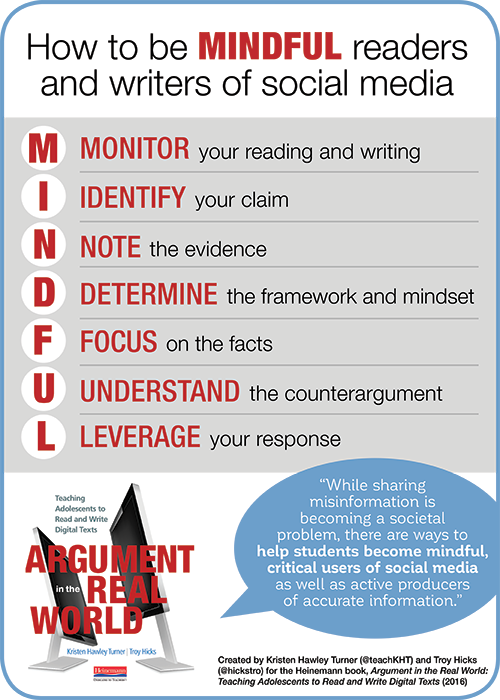With thanks to Trevor Aleo for the opportunity to think through some new ideas related to new literacies and teaching digital literacies, please enjoy this recent episode of “Conceptually Speaking.” Here is the podcast description, from Trevor:
As melodramatic as it may seem, I’ll never forget the first time I encountered The New London Group’s A Pedagogy of Multiliteracies: Designing Social Futures. After an evening of mindless scrolling in the summer of 2016, I clicked on a fortuitous Facebook post from a fellow English teacher. As I read I became increasingly enraptured. It felt inspiring. It felt fresh. It felt innovative. I assumed it was cutting-edge research. Then I saw the publication date. 1996. Reading that publication date made it abundantly clear educational practice had fallen well behind educational scholarship. It’s a disconnect I notice more and more as I move through my own dissertation. It’s also a lament shared by my esteemed guests. This week I was joined by Dr. Troy Hicks professor of English and Education at Central Michigan University and the Director of the Chippewa River Writing Project and his co-author, Dr. Kristen Hawley Turner: Professor of education at Drew University and director of the Drew Writing Project. Our discussion is coming hot on the heels of their recent publication Digital Literacy (Still) Can’t Wait: Four Questions to Reframe the Conversation around Technology in the English Classroom, a follow-up to their 2013 publication No Longer a Luxury: Digital Literacy Can’t Wait. Though I’m sure they wish such clarion calls weren’t still necessary, I’m thankful for scholars like them who continue to fight the good fight to bring powerful ideas to practitioners and pose poignant questions about how we use technology in our classrooms. Whether you’re a techno-skeptic or ed-tech enthusiast, Kristen and Troy’s four questions are an invitation for us to use technology in more transformative ways. Enjoy!
Trevor Aleo, Conceptually Speaking
Resources:
An Interconnected Framework for Assessment of Digital Multimodal Composition
Dr. Troy Hicks’ Twitter
Dr. Kristen Turner’s Twitter
This work is licensed under a Creative Commons Attribution-NonCommercial-ShareAlike 4.0 International License.










